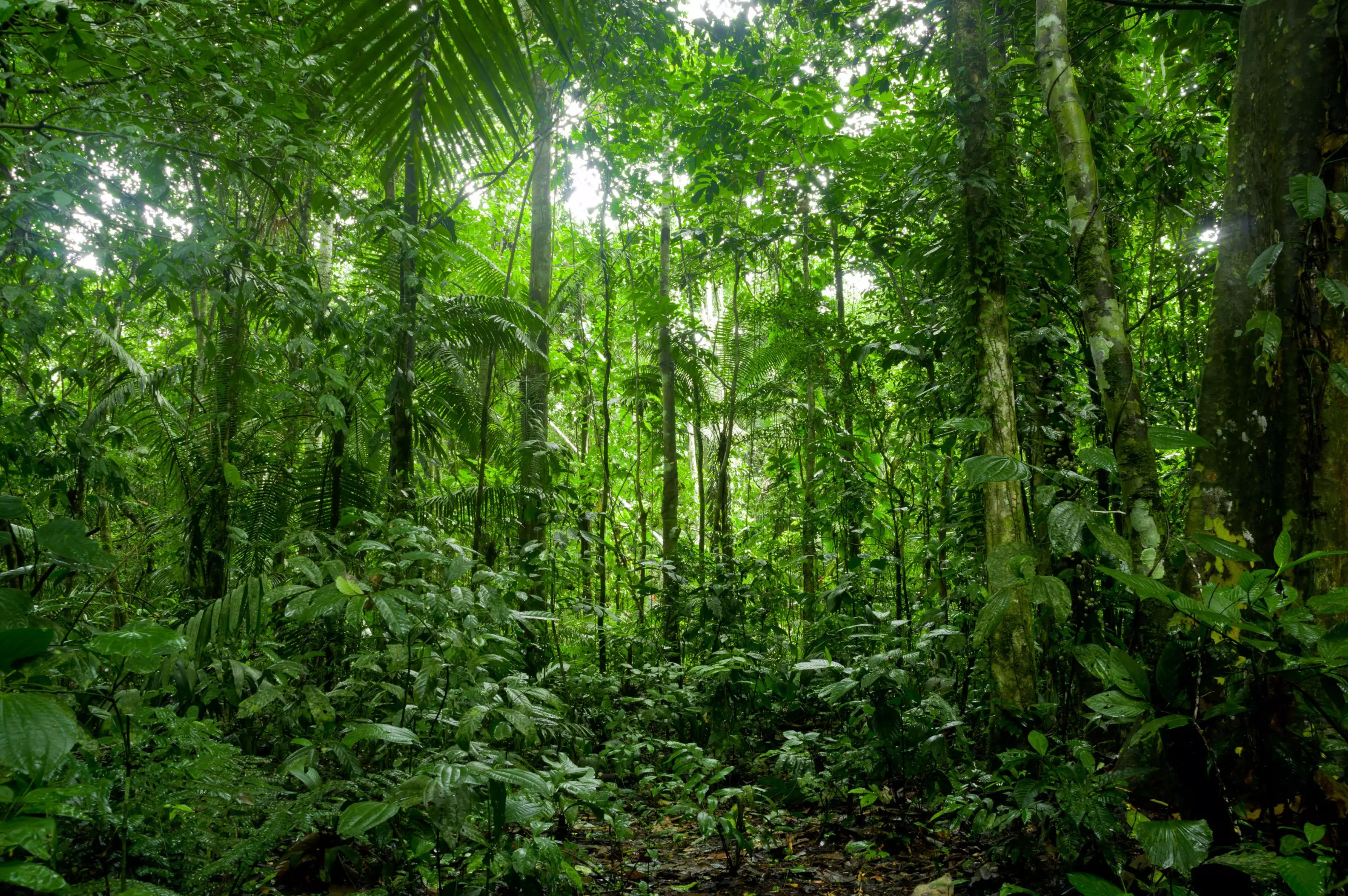Michelin is the only major tyre company to report verified evidence that sections of their supply chains are deforestation-free, reveals our latest assessment on the natural rubber sector - highlighting the vital need for companies to address deforestation and accelerate the industry towards a healthier future.
Published today (26 March 2025), our latest SPOTT report, evaluating progress in the industry’s environmental, social and governance (ESG) public disclosure, reveals that out of twelve of the world’s largest tyre companies, only the French manufacturer reported evidence that parts of its rubber supply chains are free of deforestation. As of the end of 2023*, only 9% of their total supply chain was covered by this evidence, with the majority yet to be verified.
The remaining 11 companies assessed – including Pirelli, Goodyear and the world’s largest tyre manufacturer, Bridgestone – failed to report that their supply chains avoid deforestation, despite the risk of shrinking their market access due to incoming EU regulation and the sector’s increased vulnerability to climate change.
Our SPOTT team are calling for natural rubber companies to urgently publicly disclose supply chain information, monitor deforestation and verify sustainability claims to drive the industry towards a more resilient future – and encourage buyers, investors and policymakers to push for this change.
Sam Ginger, Sustainable Business Specialist at ZSL who led the report, said: “No sustainability target is achievable without traceability; if you can’t map it, you can’t manage it.
“We rely on tyres every day – from food lorries helping put meals on family dinner tables, to ambulances rushing people to life-saving medical attention. But we also rely on the world’s forests for clean air to breathe and a healthy climate that supports life as we know it – yet the natural rubber sector is putting our planet’s ‘lungs’ at risk.”
Protecting the world's forests for a healthier future
In light of the global importance the world’s forests play in keeping the Earth’s climate stable and habitable, in 2021 world leaders from over 140 countries committed to halt and reverse deforestation by 2030, a set of commitments known as the Glasgow Leaders’ Declaration on Forests and Land Use.
Sam added: “If the industry continues this way, it risks derailing rapidly approaching global targets to halt deforestation - simultaneously makes itself vulnerable to collapse, while also fuelling climate instability worldwide. But if companies instead step up and take responsibility for protecting and restoring our natural air purifiers, they can speed up action towards creating a cleaner, healthier future for all.”
What are the economic impacts of deforestation?
This issue extends throughout the natural rubber sector; only four out of 28 natural rubber companies (14%) publish evidence of monitoring deforestation in their supply chains, raising further concerns about the industry’s commitment to preventing forest loss and putting companies at risk of market exclusion due to the incoming EU Deforestation Regulation (EUDR).
The EUDR sets out that companies importing to the EU must know the origin of their rubber supply and ensure it is not harvested from land deforested after 2020. Despite these approaching deadlines and increasing pressure from investors, many companies remain slow to act - putting their operating models at risk while simultaneously undermining global efforts to end deforestation for the benefit of people and wildlife worldwide.
Sam explained that regulations aren’t the only way that a lack of action could cause companies to lose business: “Sustainability isn’t just about compliance; consumers, investors and buyers are demanding real action. Companies that fail to adapt won’t just lose access to key markets, they’ll lose business to competitors who take sustainability seriously.”
Why businesses benefit from tackling climate change
The urgency is heightened with the industry’s growing vulnerability to climate change, with the global loss of carbon-capturing trees being a major contributor to this crisis. Rising global temperatures are increasing the risk of severe weather events; 2024 saw extreme heat and devastating floods in China and Thailand, the world’s largest grower, leading to poor growing conditions, significantly reducing rubber yields and pushing prices to reach a 13-year high.
Sam said: “Despite these extreme weather events exposing the rubber industry's vulnerabilities to climate impacts, most companies still lack basic deforestation monitoring – leaving them unable to prevent forest loss and continuing the industry’s contribution to the climate crisis. This risks creating a vicious cycle, where climate-driven disruptions reduce supply, driving up rubber prices and incentivising more deforestation. With little transparency or action, it’s uncertain if the industry is making any real progress toward protecting our forests.”
The report is published a week after the publication of the ZSL-endorsed 2030 Global Forest Vision: Priority Actions for 2025, which outlines the actions needed this year to keep the 2030 deforestation targets within reach, for the benefit of people and wildlife globally. Without a collective effort from policy makers, companies, buyers and investors, the rubber industry will remain a blind spot in the global mission to build a world where people and nature can both thrive.
*) All findings in this report are based on publicly disclosed information available at the time of assessment. Data reflects company disclosures at the end of January 2025.
